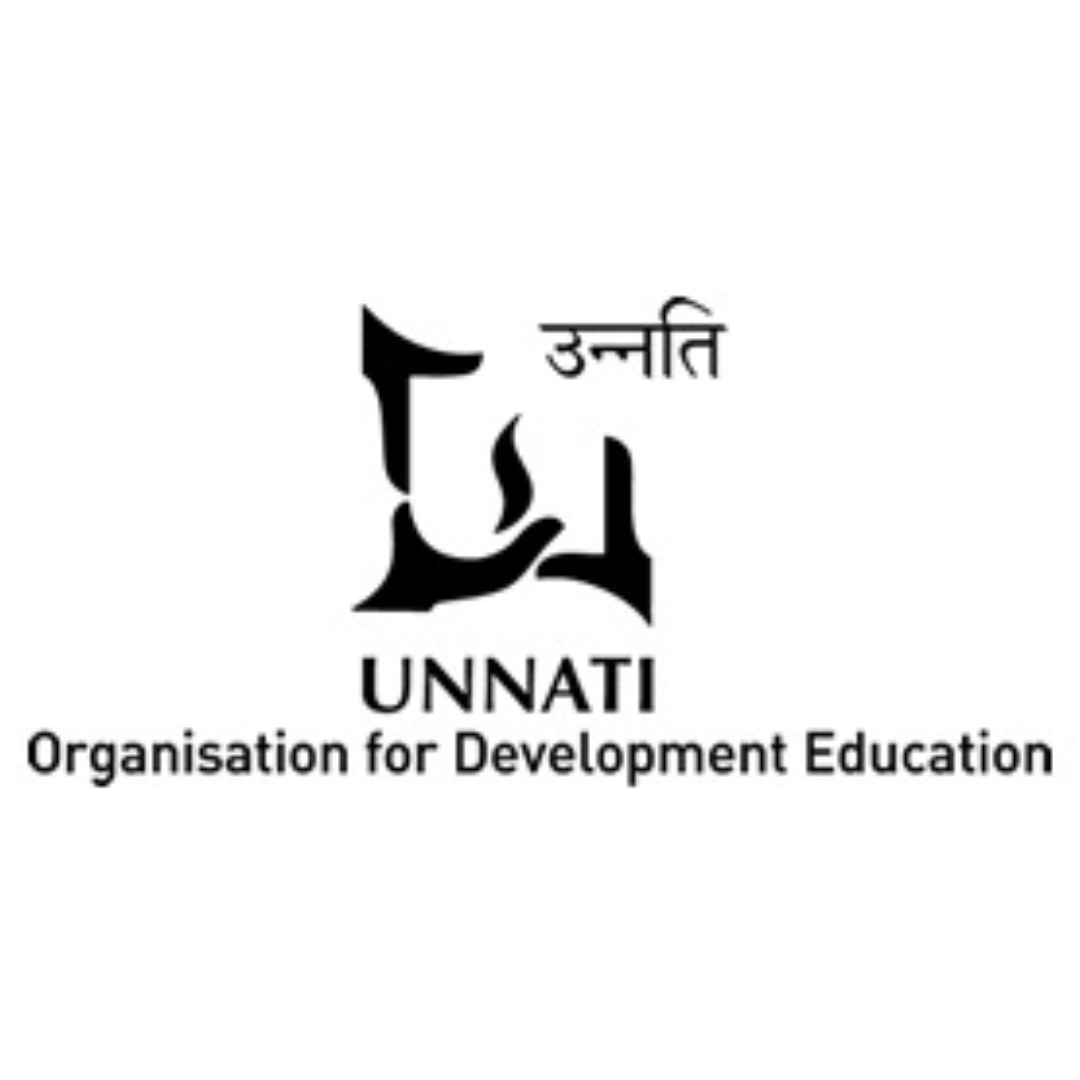Signup
Quis autem velum iure reprehe nderit. Lorem ipsum dolor sit nulla or narjusto laoreet onse ctetur adipisci.
Close
LOGIN

UNNATI
Vision: To generate a respectful and dignified life for everyone as envisioned in the constitution of India.
Mission: To improve access to formal school education and realizing the fundamental right of all children to quality education.
Strategy
- To work with government systems at village, block, district, state, and national levels, and provide them support in developing programs and strengthening structures and systems in the areas of quality education, child rights, and entrepreneurship development.
- To develop replicable models of quality education for schools including pre-schools, primary and middle, and higher middle schools.
- To Take up research, do advocacy, use media, build campaigns and networks to build opinions of the stakeholders, and influence the policy.
Learning in the last year
Some of the key learning during this period were:
- After observing the results of our MLE classes, the prior resistance and lackadaisical attitude of the teachers changed to a positive one, especially towards the language used by the children in the classroom. They admit the importance of MLE and in a few instances started using children’s language in their classroom. This is a positive sign for us.
- The school system is tightly hierarchical and top-down. Systemic change requires advocacy at the top level, i.e., at the state level. To influence the policy and make it implementable, advocacy with just the government is not sufficient. It was also learned that people’s opinions and voices must be mobilized. So, working with the community becomes integral.
- We learned that the majority of teachers do not show interest in learning novel things. There is general apathy. The number of teachers is grossly insufficient. This creates an extra workload on the existing teachers.
Plan of action
- School intervention programs in three schools will be continued and will be started in two more schools to check the applicability of the MLE-based pedagogy in the school system. Also, it will serve as a demonstration site for the wider community, including teachers from the same and the other schools.
- We will work closely with the teachers from 5 schools and provide mentoring to them for using MLE based approach in Education.
- We will also collaborate with two to three more organizations working in a similar domain and provide guidance and inputs to them continuously for developing their MLE-based literacy and education programs in their areas.
- The school and village library program will be continued in 3 schools and will be implemented in two more schools.
- Documentation of all processes of MLE pedagogy work of Unnati ISEC and create manuals, and guidebooks for teachers and NGOs.
- We also intend to undertake an impact assessment of Unnati ISEC’s work in the MLE domain.
Detailed plan
- Proper documentation of our MLE-based pedagogy and bringing out products in the form of manuals, activity sheets, articles, etc.
- Continuing the development of pedagogy and MLE-based library work for the three existing schools and adding another two. Identification, recruitment, and training of human resources towards the above end.
- Participating in the cluster meetings of the teachers.
- Organizing a teacher training workshop of 6 to 10 days duration breaking up into two or three phases for the teachers in Akot Tehsil
- Preparing a fellowship design
- Identifying 2 – 3 civil society organizations working elsewhere in Maharashtra in a similar domain. Providing them guidance and inputs on a continuous basis for developing their MLE-based literacy and education program.
- Devoting 50 to 60 days approximately for capacity building
- Promoting teacher development through a focus on experiential learning.

